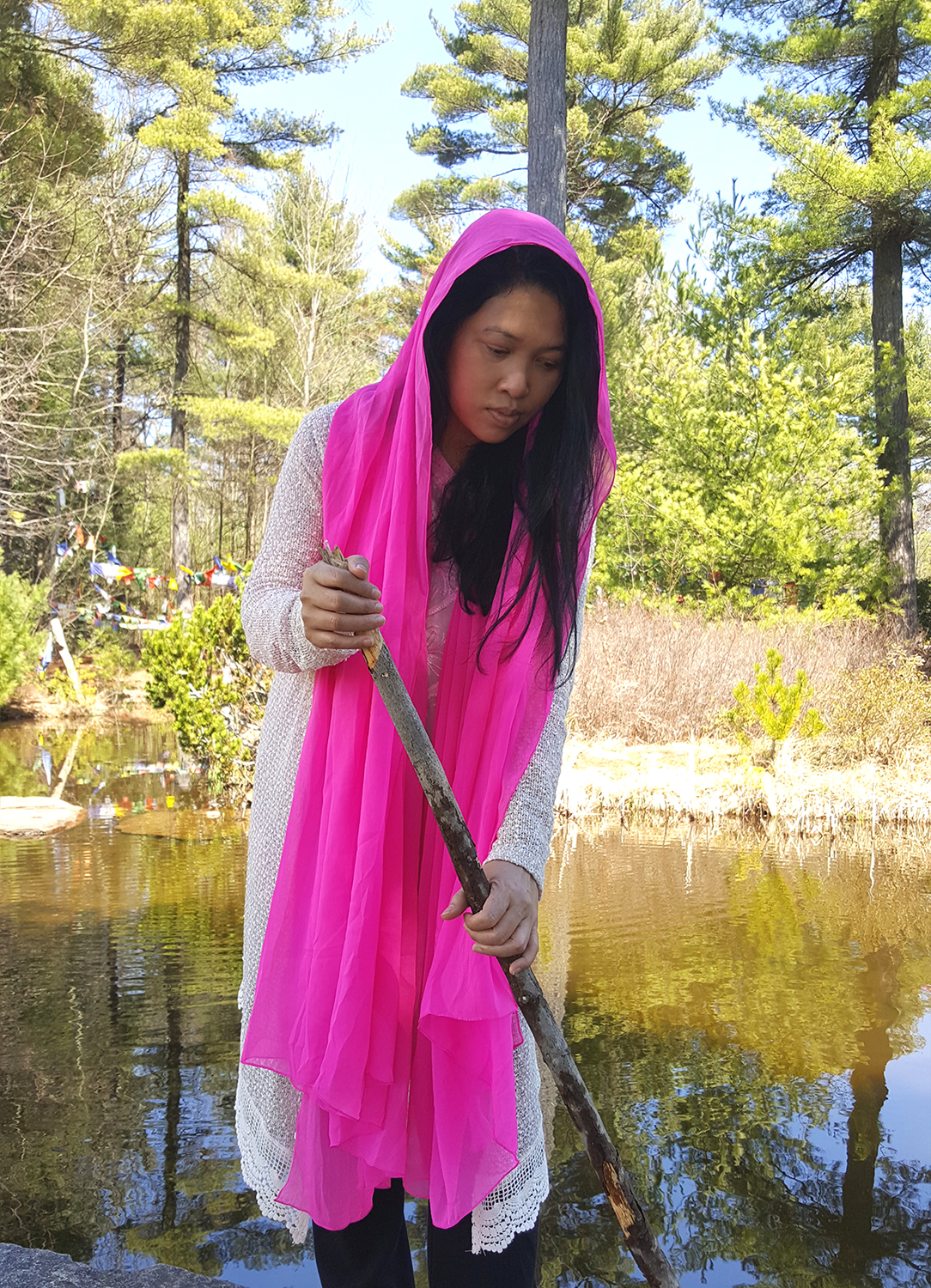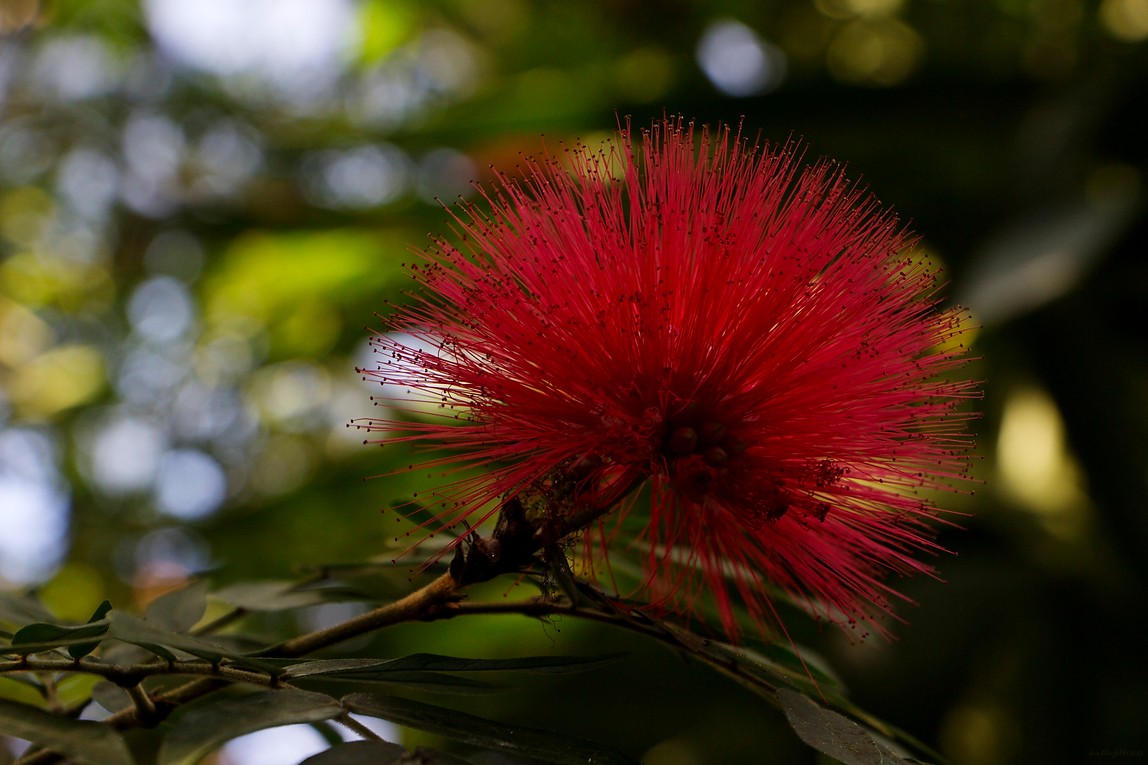-
3 July 28, 2020
-
The Story of Ayuvaddhanakumara
Comment July 27, 2020Verse 109: For one who always respects and honours those who are older and more virtuous, four benefits, viz., longevity, beauty, happiness and strength, will increase.
The Story of Ayuvaddhanakumara
While residing in a village monastery near Dighalanghika, the Buddha uttered Verse (109) of this book, with reference to Ayuvaddhanakumara.
Once, there were two hermits who fixed together practising religious austerities (tapacaranam) for forty eight years. Later, one of the two left the hermit life and got married. After a son was born, the family visited the old hermit and paid obeisance to him. To the parents the hermit said, “May you live long,” but he said nothing to the child. The parents were puzzled and asked the hermit the reason for his silence. The hermit told them that the child would live only seven more days and that he did not know how to prevent his death, but Gotama Buddha might know how to do it.
So the parents took the child to the Buddha; when they paid obeisance to the Buddha, he also said, “May you live long” to the parents only and not to the child. The Buddha also predicted the impending death of the child. To prevent his death, the parents were told to build a pavilion at the entrance to the house, and put the child on a couch in the pavilion. Then some bhikkhus were sent there to recite the parittas* for seven days. On the seventh day the Buddha himself came to that pavilion; the devas from all over the universe also came. At that time the ogre Avaruddhaka was at the entrance, waiting for a chance to take the child away. But as more powerful devas arrived the ogre had to step back and make room for them so that he had to stay at a place two yojanas away from the child. That whole night, recitation of parittas continued, thus protecting the child. The next day, the child was taken up from the couch and made to pay obeisance to the Buddha. This time, the Buddha said, “May you live long” to the child. When asked how long the child would live, the Buddha replied that he would live up to one hundred and twenty years. So the child was named Ayuvaddhana.
When the child grew up, he went about the country with a company of five hundred fellow devotees. One day, they came to the Jetavana monastery, and the bhikkhus, recognizing him, asked the Buddha, “For beings, is there any means of gaining longevity?” To this question the Buddha answered, “By respecting and honouring the elders and those who are wise and virtuous, one would gain not only longevity, but also beauty, happiness and strength.”
Then the Buddha spoke in verse as follows:
Verse 109: For one who always respects and honours those who are older and more virtuous, four benefits, viz., longevity, beauty, happiness and strength, will increase.
At the end of the discourse, Ayuvaddhana and his five hundred companions attained Sotapatti Fruition.*Parittas: religious stanzas that are usually recited for protection against harmful influences.
Dhammapada Verse 109
Ayuvaddhanakumara VatthuAbhivadanasilissa
niccam vuddhapacayino
cattaro dhamma vaddhanti
ayu vanno sukham balam.Source: Tipitaka
-
Within each of us
Comment July 27, 2020 -
Start a new beginning
Comment July 24, 2020 -
Transform negative energy into an aura of positivity
Comment July 24, 2020HATE has 4 letters, but so does LOVE
ENEMIES has 7 letters, but so does FRIENDS…
LYING has 5 letters, but so does TRUTH…
HURT has 4 letters, but so does HEAL…Transform every negative energy into an aura of positivity…
It’s your perception that makes the difference in the way you feel.Soure: http://rishikajain.com/
-
The Story of Thera Sariputta’s Friend
Comment July 17, 2020Verse 108: In this world, one may make sacrificial offerings, great and small, all the year round, in order to gain merit; all these offerings are not worth a quarter of the merit gained by worshipping the Noble Ones (Ariyas) who walk the right path.
The Story of Thera Sariputta’s Friend
While residing at the Veluvana monastery, the Buddha uttered Verse (108) of this book, with reference to a friend of Thera Sariputta.
On one occasion Thera Sariputta asked his friend, a brahmin, whether he was doing any meritorious deeds and he replied that he had been making sacrificial offerings on a big scale, hoping to get to the Brahma world in his next existence. Thera Sariputta told him that his teachers had given him false hopes and that they themselves did not know the way to the Brahma world. Then he took his friend to the Buddha, who showed him the way to the Brahma world. To the friend of Thera Sariputta, the Buddha said, “Brahmin, worshipping the Noble Ones (Ariyas) only for a moment is better than making sacrificial offerings, great and small, throughout the year.”
Then the Buddha spoke in verse as follows:
Verse 108: In this world, one may make sacrificial offerings, great and small, all the year round, in order to gain merit; all these offerings are not worth a quarter of the merit gained by worshipping the Noble Ones (Ariyas) who walk the right path.
At the end of the discourse the brahmin attained Sotapatti Fruition.Dhammapada Verse 108
Sariputtattherassa sahayaka brahmana VatthuYamkinci yittham va hutam va loke
samvaccharam yajetha punnapekkho
sabbampi tam na catubhagameti
abhivadana ujjugatesu seyyo.Source: Tipitaka
-
We can learn to live in peace and with a kind heart
Comment July 16, 2020 -
More compassion
Comment July 16, 2020 -
Kindness and patience
Comment July 16, 2020To steady and calm the mind takes kindness and patience. Training the mind in meditation is like training a puppy. We put the puppy down and say, “Sit. Stay.” What does it do? It gets up and runs around. “Stay.” It runs around again. Twenty times, “Stay.” After a while, slowly, the puppy settles down. — Jack Kornfield
-
A trained mind
Comment July 16, 2020Who is your enemy? Mind is your enemy. No one can harm you more than a mind untrained. Who is your friend? Mind is your friend. Nothing can help you more than a trained mind, not even your loving parents. —Buddha
Jack Kornfield
What do we see when we look at our mind? Constant change. The untrained mind spins out thoughts, emotions, images, stories, likes, dislikes, plans, regrets and reactions to it all. There is ceaseless movement, filled with words, ideas, and memories. Clearly seeing this stream of inner dialogue is one of the first insights in meditation practice. It is called “seeing the waterfall,” experiencing the evanescent nature of mind. Mind’s constant changes are like the weather; today it rains, tonight it may snow, earlier the sun was out. It is muddy in the spring, and then the summer heat appears. In the fall the winds arise and the leaves go; in winter the ice forms. We’re like that; we’re part of nature.
Mindfulness meditation isn’t directed to creating and holding some special state; it’s learning to steady our attention on the present moment, finding a wise and compassionate relationship to this organic change of body and heart and mind that we are. We can then embody this loving awareness in every season.
For the mind to become steady, settled in the present moment in the midst of so much change, it is helpful to develop a degree of stability; that is called concentration. Concentration is the art of calming and steadying our attention, like a candle flame in a windless place. One way we can practice this is with attention to our breath, or with a body scan. As we gently train ourselves to become mindful of breath and body, we can see more clearly, and become more balanced and more deeply present. We experience a unity of our body, spirit, and mind. To live this way is wonderful. Continue reading


















